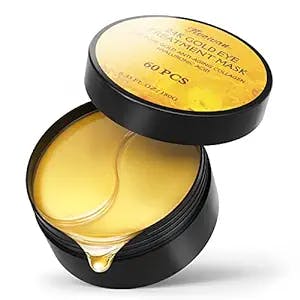Python? More like PyFUN!
As an Amazon Associate I earn from qualifying purchases.
One thing I loved about this book was how user-friendly it was. Even if you're a Python newbie, the author breaks everything down in a clear and concise way so that you can easily follow along. Plus, the book is packed with real-world examples and exercises to help you put your new skills to the test.
Another thing that sets this book apart is its focus on testing. Let's be real, no one likes debugging code for hours on end. But with the help of this book, you'll learn how to write tests for your code that will catch bugs before they become a problem.
Mastering Python for Bioinformatics is a great fit for anyone looking to improve their coding skills in the bioinformatics field. Whether you're a student, researcher, or industry professional, this book has something to offer. And with its emphasis on well-documented code, you'll be able to share your work with others and collaborate more effectively.
Pro:
- User-friendly and easy to follow
- Real-world examples and exercises
- Emphasis on testing and debugging
Con:
- The book can be a bit technical at times, but the author does a good job of breaking things down.
In conclusion, Mastering Python for Bioinformatics: How to Write Flexible, Documented, Tested Python Code for Research Computing is a must-read for anyone in the bioinformatics field looking to improve their coding skills. With its clear and concise approach, real-world examples, and emphasis on testing, this book is sure to help you take your research to the next level.
Bottom Line: 9/10.



